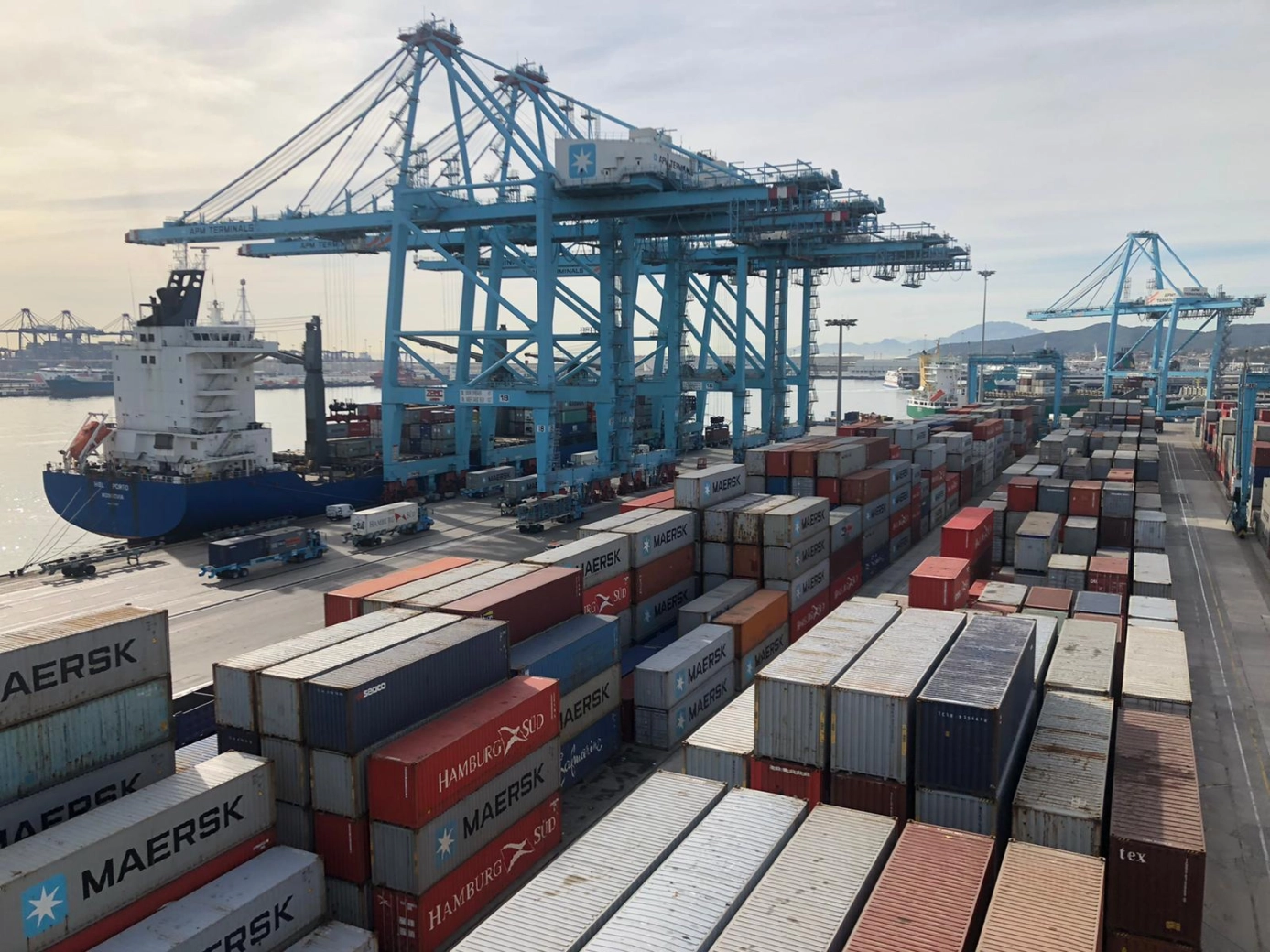The price of bikes is already rising in the USA. What will happen in Europe?
Cycling could not stay out of the trade war created by the decision of U.S. President Donald Trump to establish significant tariffs on practically all countries in the world that export their products to the U.S., especially towards China, with whom they traditionally maintain an intense rivalry and from where a large part of the bicycles that are currently marketed come from.

The tariff war is already beginning to affect bicycles in the United States
Following the announcement of the establishment of strong tariffs on countries that export their products to the United States, which particularly affect China, a country where many bikes are manufactured by many brands as well as all kinds of bike components, the cycling sector is already being affected in the United States.
In fact, a few days ago, two of the main American brands such as Specialized and Trek announced a price increase of around 10% for their models starting in May. However, for the time being, the cycling market in Europe is avoiding these turbulences.
RECOMENDADO

What happens if you exceed your maximum heart rate? Risks of pushing yourself to the limit

What are nitrates and why will they give you an extra boost in your performance on the bike?

How to wash your bike at a gas station without ruining it

Tips for staying motivated to go out riding when cold, rain or night lurk

How to choose the right crankset and cassette: a guide to find the right ratio and extend the life of your bike

Can I go cycling with the flu or a cold?

The reason is that the situation between China and European countries has not changed, and although brands like Specialized or Trek are American, the tariffs only apply to bikes sold there. To avoid these taxes, bikes sold in Europe are delivered directly from the factories to the different distributors, so, in principle, the prices of the current ranges should not be affected.
But we all know how the current globalized market works where everything is affected. The fact that American brands see their costs increase will eventually have an impact on other markets as well, so it is not unlikely that this will end up affecting the ranges. The same goes for Chinese suppliers who will eventually have to adjust their offerings to the presumed decrease in sales in one of their main markets.

An adjustment in supply that different brands will also have to make, which could generate a chain reaction worldwide resulting in generalized price increases due to fewer products available in the market.
In any case, the situation seems to change almost every day regarding the implementation of tariffs, with a lot of uncertainty as to whether this will not be some kind of bluff on the part of the U.S. government to renegotiate its relationships with its trading partners and how long the U.S. can maintain a situation like this that is already seriously affecting its economy and, if it continues, could lead us to a new global crisis, the umpteenth in recent times to add to the real estate crisis, the covid crisis, the war in Ukraine, and so on.